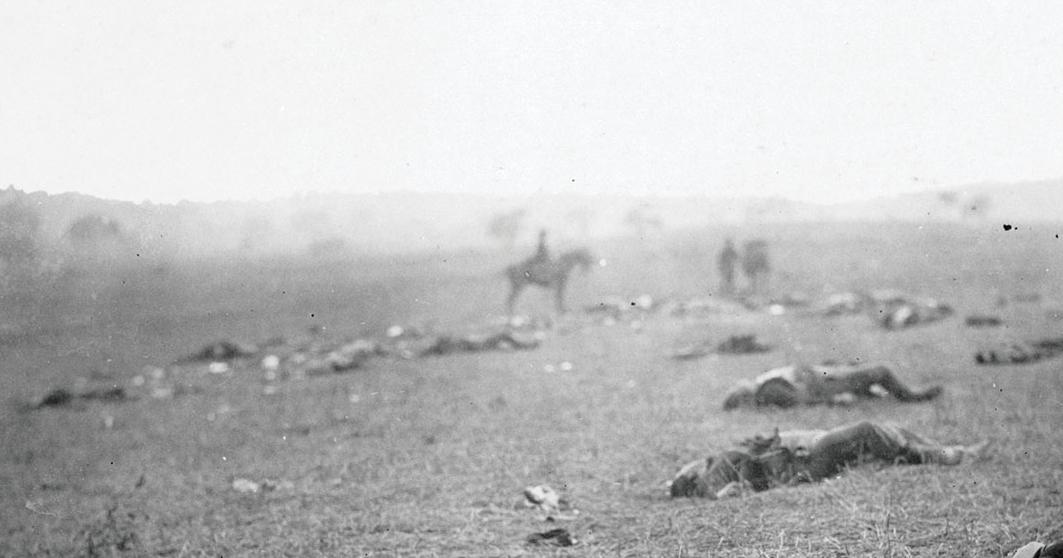Ellis MacVey
Donor
Okay so this started from a conversation I was having with a friend about the upcoming Victoria 3 and the American Civil War, so sorry if this is a bit disjointed.
This isn't a fully developed TL, a WI, or an AHC, it's just a sort of loose idea I had that I wanted to start about.
The basic premise is, after the Civil War, Andrew Johnson stays away from the presidency, reparations are given to former slaves, and Reconstruction goes on longer and is more successful.
The result I'm thinking is a country where black people are on a much more level playing field with white people. However, not all is well in this world because anti-indigenous, anti-Latin American, and anti-Asian sentiments are more intense and widespread. I'm not saying this definitely or even likely would happen if Reconstruction were more successful, it's just a possibility I thought up as an interesting setting.
I apologize if this thread lacks cohesion, I would just like to see this website's thoughts, ideas, and opinions about this scenario.
This isn't a fully developed TL, a WI, or an AHC, it's just a sort of loose idea I had that I wanted to start about.
The basic premise is, after the Civil War, Andrew Johnson stays away from the presidency, reparations are given to former slaves, and Reconstruction goes on longer and is more successful.
The result I'm thinking is a country where black people are on a much more level playing field with white people. However, not all is well in this world because anti-indigenous, anti-Latin American, and anti-Asian sentiments are more intense and widespread. I'm not saying this definitely or even likely would happen if Reconstruction were more successful, it's just a possibility I thought up as an interesting setting.
I apologize if this thread lacks cohesion, I would just like to see this website's thoughts, ideas, and opinions about this scenario.
Last edited:

